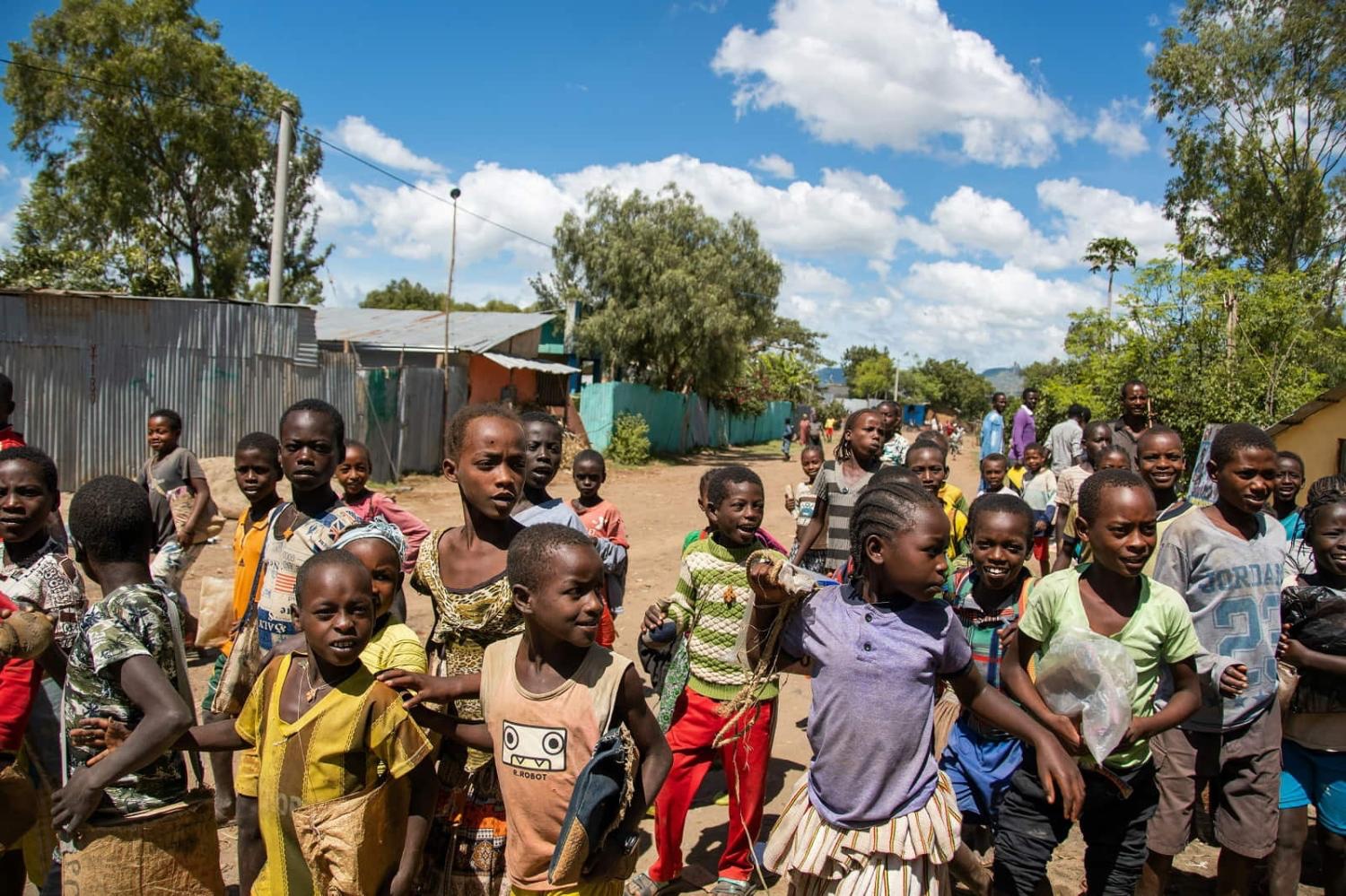Gambiaj.com – (BANJUL, The Gambia) – Ethiopia’s ambitious drive to transform itself into a middle-income nation through mega-dams, industrial parks, and new air hubs risks faltering unless it invests more in its people, according to an analysis by the Lowy Institute.
Over the past two decades, the country has poured billions into infrastructure designed to reshape its economic landscape. The flagship Grand Ethiopian Renaissance Dam (GERD), Africa’s largest hydropower project, is expected to generate 5,150 megawatts of electricity – nearly tripling national power access and positioning Ethiopia as a regional energy exporter.
Meanwhile, a new US$10 billion international airport near Bishoftu, partly financed by a US$500 million loan from the African Development Bank, is projected to handle 60 million passengers annually by 2040, rivaling major global hubs.
These projects, alongside new logistics corridors and conference centers, have already delivered tangible results. From 2004 to 2023, Ethiopia’s GDP per capita more than tripled and infant mortality halved. Tourism, worth nearly US$5 billion annually before the pandemic, could also double under this infrastructure-led model.
Yet behind the celebrated achievements lies a “silent crisis,” the report warns: Ethiopia has prioritized “concrete and steel” over classrooms and teachers.
While net primary enrollment now stands at about 89 percent, UNESCO estimates that 90 percent of Ethiopian 10-year-olds cannot read a simple text. In 2024, 97 percent of Grade 12 students failed to score at least 50 percent in national exams.
Ethiopia spends roughly 3.7 percent of GDP on education – far below UNESCO’s 6 percent benchmark. Most of this goes to higher education, leaving primary and secondary schools severely underfunded.
Rural classrooms often host 50 or more pupils per teacher, textbooks are scarce, and curricula lag behind market needs. Girls, pastoralist children, and those in conflict-affected regions remain the most excluded: in 2023, 2.6 million children in Amhara and neighboring regions were out of school due to instability.
This neglect risks turning infrastructure wealth into a hollow monument, the Lowy Institute argues. Citing Singapore’s experience, the report notes that the Southeast Asian nation devoted 40 percent of its budget to education and health in the 1960s, aligning human capital with industrial policy to become a knowledge-driven economy within two generations.
The report recommends Ethiopia gradually increase education spending to 6 percent of GDP, focus on early learning and teacher quality, and integrate skills training into major infrastructure projects.
For instance, the new Bishoftu airport could fund hospitality training centers, while the GERD could support vocational schools for energy technicians. Strengthening international partnerships to fund classrooms and laboratories, not just dams and runways, is also key.
Green skills and technology should be central to this push, it adds. Ethiopia’s 2023–28 Digital Education Strategy, which introduces solar-powered tablets and online content, is promising but must be scaled equitably and adapted for pastoralist, refugee, and disabled children. Tackling early marriage and child labor will also be essential to protect education as a human right.
“Ethiopia has already shown what visionary ambition can achieve in infrastructure. Now it must apply the same determination to its people,” the analysis concludes.
Without this shift, the country may be forced to import skilled labour for its industries, widening inequality at home. Conversely, aligning infrastructure growth with human capital investment could replicate Singapore’s trajectory – a resource-poor nation turned knowledge-rich success.
“The Ethiopia of the future – modern, prosperous, and respected – will not be built solely from dams and airports,” the report says. “It will be built in classrooms, where children learn to read, innovate and lead.”










